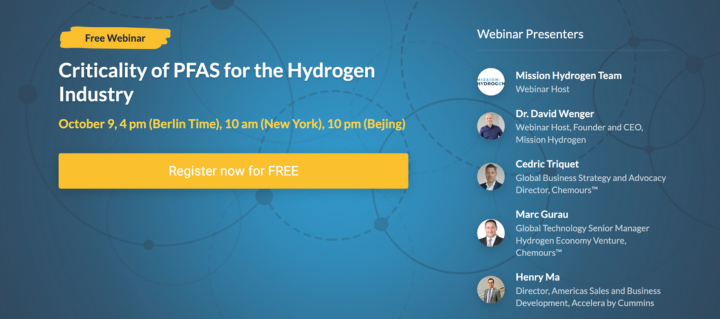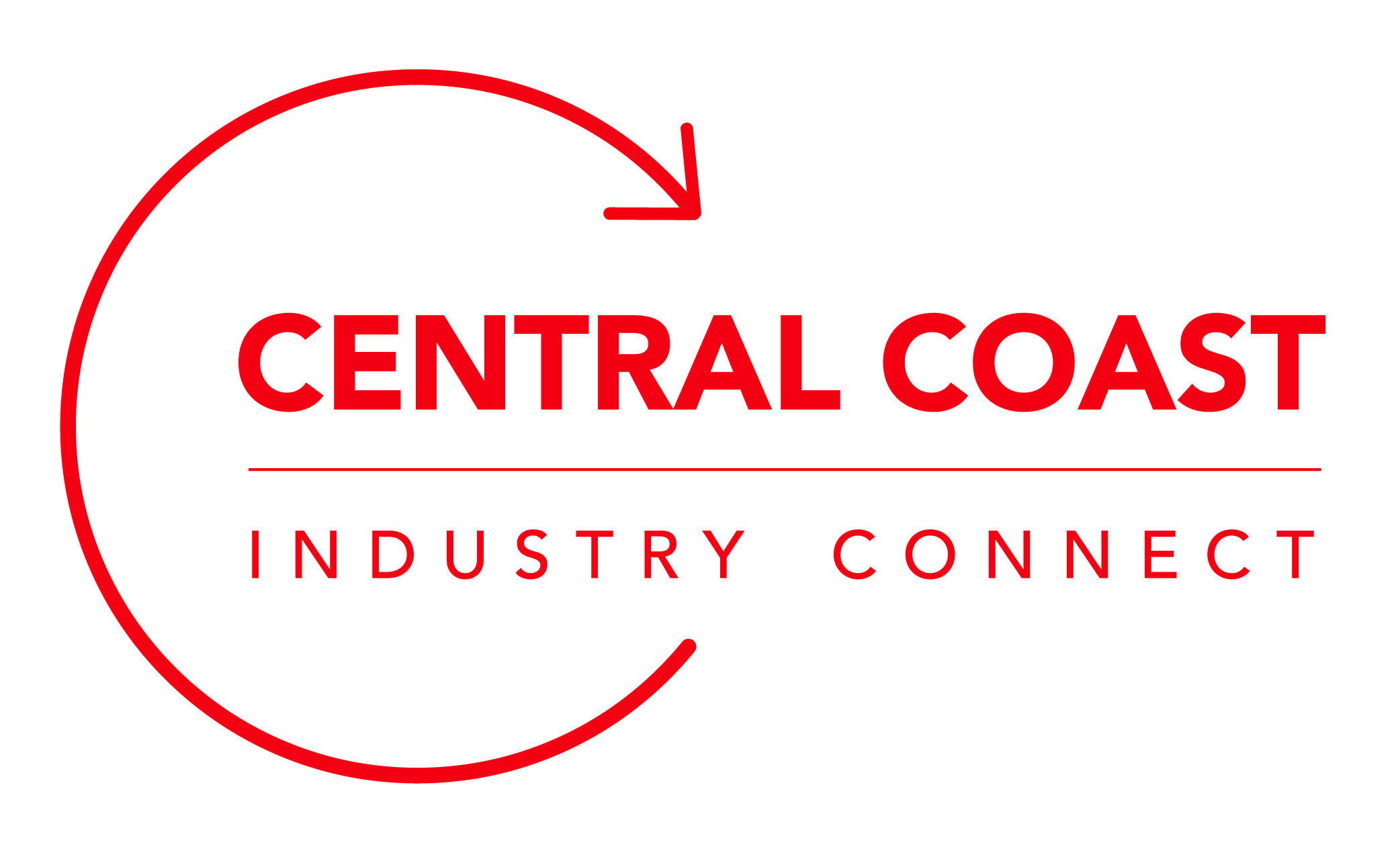Criticality of PFAS for the Hydrogen Industry
Mission Hydrogen host this webinar, where industry leaders will discuss the potential impact of a PFAS ban on the hydrogen industry and the clean energy transition.

Fluoropolymers, including PFAS, play an essential role in modern energy and mobility technologies. These materials are critical for the production of lithium-ion batteries, high-voltage cables, seals, and, crucially, for components used in the hydrogen industry. From Membrane-Electrode-Assemblies (MEAs) to Gas Diffusion Layers (GDLs) and diaphragms for electrolyzers, PTFE (commonly known as Teflon) is essential.
However in recent years, PFAS have been criticized heavily by politicians and NGOs for potentially being harmful to humans and wildlife. Many regulators are considering banning these materials entirely. The challenge? There are no real alternatives for many applications. A complete ban on PFAS could spell the end of critical technologies like PEM electrolyzers, which are key to producing clean hydrogen.
Join Mission: Hydrogen for their next webinar, where industry leaders will discuss the potential impact of a PFAS ban on the hydrogen industry and the clean energy transition. You'll gain insights into the chemistry behind fluoropolymers and the role they play in enabling clean hydrogen production.
Here’s what you will learn:
- Why fluoropolymers are critical for PEM electrolyzers and fuel cells
- The potential impact of a global PFAS ban on clean energy technologies
- How the hydrogen industry is responding to regulatory challenges
- Insights into alternative materials and future regulatory strategies
Speakers Marc Gurau and Cedric Triquet from Chemours, a leading supplier of high-performance materials, will present their perspective on the role of PFAS in the hydrogen industry and discuss the regulatory landscape. And Henry Ma from Accelera by Cummins will provide an overview of PEM electrolyzer technology and its importance in the clean energy transition.
Register now to understand the future of PFAS in the hydrogen industry and learn how these regulatory changes could affect the clean energy transition.












